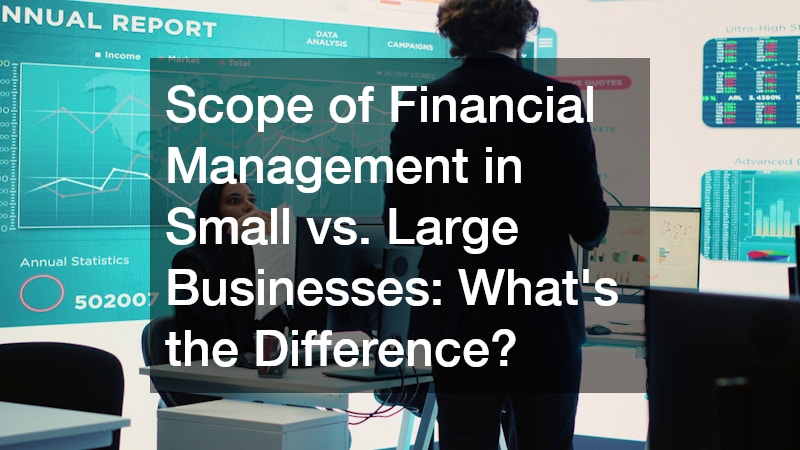Throughout the history of this country, people have come to our shores in search of a better life. America offers better opportunities; for someone who hails from a country with limited social mobility, working with their employer and an immigration attorney to become U.S. citizens is a no-brainer.
However, even our domestic landscape is shifting towards greater inequality. Across the generations, the middle class is shrinking. This demographic embodies the American dream; the belief that you can work upward and achieve better socio-economic standing than your parents.
A hollowing-out of the middle class means that more households are either joining the ranks of the rich or sliding into poverty. Neither group has much potential for upward mobility. That’s not a problem for the rich, but if you’re in the latter category, working hard and living frugally might only be enough to make ends meet.
Taking on risk
On the social level, poverty is not a simple issue; otherwise, we’d have solved it by now. There are many complicating factors, often systemic; they make it difficult for people with low incomes to break out of a negative spiral, even with their best efforts.
But as individuals, we nonetheless have to try to seek out every advantage and opportunity to move up in life. And it’s becoming increasingly apparent that college is no longer a reliable pathway to economic security. Some education is better than none, but relying solely on the traditional model of employment seems only guaranteed to lock you into a mediocre income.
Starting a business has always been seen as a risky endeavor. And in the current climate of uncertainty and rapid changes in business operations, volatility is exceptionally high. But taking that chance and betting on yourself as an entrepreneur might be the only realistic way to buck the trend and escape the poverty trap.
Understanding the model
Improving your socio-economic status by launching a small business isn’t just a gamble, though. To understand how this approach works, you need to consider models of revenue generation.
An employee earns money by leveraging their time and labor. Better qualifications, such as a higher degree of educational attainment or training in a rare skill, enhance the value of labor, allowing you to earn more. But nothing will give you more than 24 hours each day.
This is true even if you work from home or on a freelance basis. You can enjoy better flexibility or choose the clients you want. If you’re good at managing your time, you can squeeze more high-paying work into each day. But maximizing efficiency is a finite approach. It will only get you so far.
Running a business is different. When you sell a product or service, your time and effort go into the system of selling. You have employees or partners providing the actual services or creating and delivering the products. Thus, your ability to make money isn’t capped by the amount of time you can input daily.
Thinking in terms of models doesn’t just demonstrate how entrepreneurship offers a better opportunity than employment. It helps guide you in search of an ever-better system of revenue generation. And it’s through this approach of constant assessment and refining that you can further scale your income. You might eventually decide to sell your original business at a profit and use the money as capital to start a new one with a more lucrative business model.
Surviving the new reality

Becoming an entrepreneur is how the rich become more prosperous. But they also have a greater ability to absorb losses and take risks. We’re still recovering from the impact of the pandemic and the recession that followed. Many small businesses are still figuring out how to bounce back from heavy losses.
If you’re on a low income, starting your first business can be your path to financial success, but what happens if you hit a snag? How do you manage the risks of operating in a downturn?
There’s no foolproof path to business success; every venture is different, with multiple variables involved. Often, you need to nail several of those to succeed. But this is also a great time to learn from how other small businesses are adjusting to the new reality.
To thrive under these conditions, you have to define your minimum value proposition. The market has changed; people are staying at home and shopping online more than ever. How can you pivot to serve those needs and meet today’s audience through online channels? The ability to quickly take in feedback, refine, and test your business model will help you find that turning point and embark on an upward trajectory.





